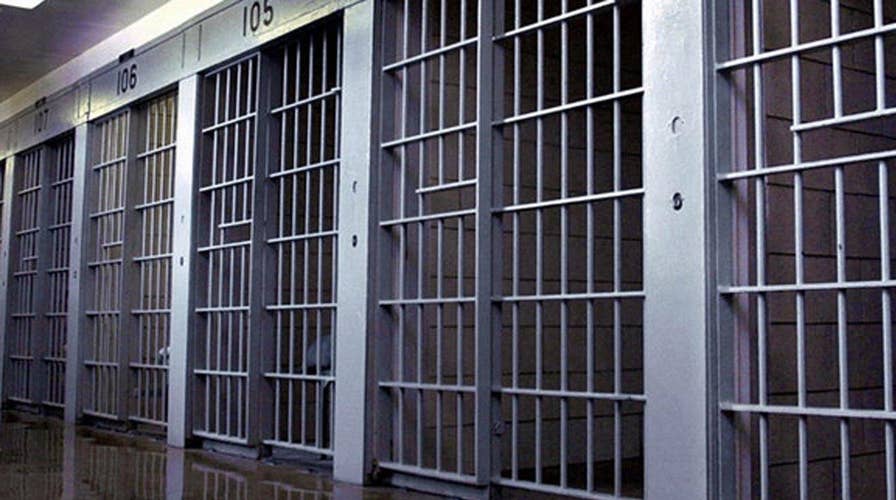Convicted felons could decide the 2016 election in Virginia
Governor to allow ex-felons to vote in the upcoming presidential race; Reaction on 'Fox & Friends'
Virginia Democratic Gov. Terry McAuliffe restoring voting rights for roughly 200,000 convicted felons is part of a lauded, national effort to reverse sentencing laws that most affect African Americans. But Republicans are suggesting that the governor, a long-time Clinton supporter, went too far by including violent criminals and that his move is a “transparent effort to win votes.”
The governor’s executive order allows Virginia felons, includes convicted murders and rapists, who by Friday had completed their sentence and finished supervised release, parole or probation requirements to vote in the swing state in the November presidential elections.
"Too often in both our distant and recent history, politicians have used their authority to restrict people's ability to participate in our democracy," said McAuliffe, whose move circumvented the GOP-led state legislature. "Today we are reversing that disturbing trend."
However, Virginia Republicans suggest the move was really timed to help elect Hillary Clinton, the Democratic presidential front-runner who has been friends with McAuliffe since her and President Bill Clinton’s two terms in the White House.
“The singular purpose of Terry McAuliffe’s governorship is to elect Hillary Clinton,” Speaker of the House William J. Howell told the Richmond Times-Dispatch on Friday.
Howell, a Stafford County Republican, also said McAuliffe’s job as governor “has always been a steppingstone to a job in Hillary Clinton’s Cabinet.”
The Virginia Republican Party on Friday acknowledged that such efforts are “long overdue” but said McAuliffe went too far by including violent offenders and that the move “speaks of political opportunism.”
“Few if any disagree that those who have paid their debts to society should be allowed full participation in that society. But there are limits,” party Chairman John Whitbeck said. “Gov. McAuliffe could easily have excluded those who have committed heinous acts of violence … . His decision doesn’t speak of mercy. Rather, it speaks of political opportunism.
“This blanket action, undertaken for such blatant political purposes, sullies the hard-won second chances of those who have worked so hard to overcome their mistakes. Restoration of rights should be a celebration of overcoming, not a transparent effort to win votes.”
On the campaign trail Friday, Clinton tweeted: “Proud of my friend @GovernorVA for continuing to break down barriers to voting.”
The Washington-based Sentencing Project estimates that nearly 6 million Americans are barred from voting because of laws disenfranchising former felons. Maine and Vermont are the only states that don't restrict the voting rights of convicted felons.
Such policies disproportionately prevent African Americans from voting, the group says. Virginia is among three states where more than one in five black adults have lost their voting rights, according to a recent Sentencing Project report.
Black voters in recent decades have been loyal supporters of Democratic candidates. And they have turned out in large numbers for Clinton, particularly in the Deep South, which helped her build an early and big lead over rival Vermont Sen. Bernie Sanders, who has made reforming the criminal justice system a big part of his campaign.
McAuliffe said he is certain he has the legal authority for this massive extension of voting rights after consulting with legal and constitutional experts, including Virginia Attorney General Mark Herring.
Rough 20 states have over the past two decades purportedly attempted to ease voting restrictions on felons.
The Associated Press contributed to this story.





